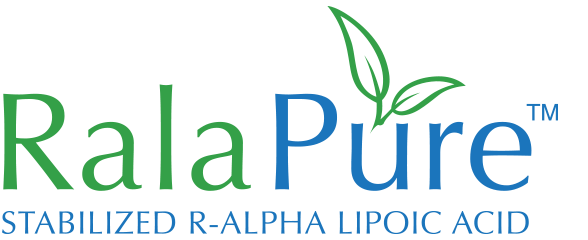Benefits for Heart Disease
Congestive heart failure (CHF) occurs when the heart cannot pump out enough blood to meet the needs of the body. Any form of heart disease may lead to CHF, which results in a reduced ability to exercise and in severe cases can impair daily function. CHF is the most common cause of death for people over age 65.
CHF can be the result of any type of heart disease or condition. Some of the causes of CHF include smoking, high-fat diet, excess body weight, alcohol/drug abuse, high sodium intake, flu and pneumonia. Some of the signs and symptoms include shortness of breath, fatigue, exercise intolerance, rust-colored sputum, distended neck veins, cough-especially when waking, excessive nighttime urination and/or excessive protein in the urine, insomnia, nausea, vomiting, anorexia, anxiety and swelling in the extremities.
Heart Attacks and Alpha Lipoic Acid

The damage to the brain after a heart attack is similar to that after a stroke. After a heart attack there is a period of ischemia, or oxygen deprivation, followed by an explosion of free radicals. This explosion greatly exacerbates the injury. In the experiment, a heart attack was simulated by perfusing the beating rat hearts with a solution that did not contain oxygen. After 40 minutes, the solution was changed, this time using one that contained oxygen. From previous experiments it was known that a heart denied oxygen under these circumstances would only have a 20-25% of recovery to beat normally, the rest would suffer serious or fatal damage. When lipoic acid was added to the solution, the results changed dramatically. Recovery rate rose to nearly 60%. Follow up studies showed the rats that had been fed lipoic acid had much greater protection against free radical damage than the untreated animals.
Alpha Lipoic Acid and the Aging Heart
Oxidative stress has been implicated as a causal factor in the aging process of the heart and other tissues. Cardiac cells isolated from old rats showed a nearly threefold increase in the rate of oxidant production compared to young rats. Determination of myocardial antioxidant status revealed a significant twofold decline in the levels of ascorbic acid as well as a significant age-related increase in levels of oxidative DNA damage. To investigate whether dietary supplementation with (R)-alpha-lipoic acid was effective at reducing oxidative stress, young and old rats were fed a diet with or without ALA for 2 week. Cardiac cells from old, ALA-supplemented rats exhibited a markedly lower rate of oxidant production that was no longer significantly different from that in cells from unsupplemented, young rats. Lipoic acid supplementation also restored myocardial ascorbic acid levels and reduced oxidative DNA damage. Our data indicate that the aging rat heart is under increased oxidative stress, which is significantly reduced by lipoic acid supplementation.
Suh JH, Shigeno ET, Morrow JD, Cox B, Rocha AE, Frei B, Hagen TM. – Linus Pauling Institute, Department of Biochemistry, Oregon State University, Corvallis, Oregon 97331, USA

 followed by an explosion of free radicals. This explosion greatly exacerbates the injury. In the experiment, a heart attack was simulated by perfusing the beating rat hearts with a solution that did not contain oxygen. After 40 minutes, the solution was changed, this time using one that contained oxygen. From previous experiments it was known that a heart denied oxygen under these circumstances would only have a 20-25% of recovery to beat normally, the rest would suffer serious or fatal damage. When lipoic acid was added to the solution, the results changed dramatically. Recovery rate rose to nearly 60%. Follow up studies showed the rats that had been fed lipoic acid had much greater protection against free radical damage than the untreated animals.
followed by an explosion of free radicals. This explosion greatly exacerbates the injury. In the experiment, a heart attack was simulated by perfusing the beating rat hearts with a solution that did not contain oxygen. After 40 minutes, the solution was changed, this time using one that contained oxygen. From previous experiments it was known that a heart denied oxygen under these circumstances would only have a 20-25% of recovery to beat normally, the rest would suffer serious or fatal damage. When lipoic acid was added to the solution, the results changed dramatically. Recovery rate rose to nearly 60%. Follow up studies showed the rats that had been fed lipoic acid had much greater protection against free radical damage than the untreated animals.










